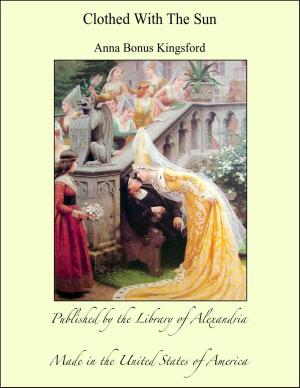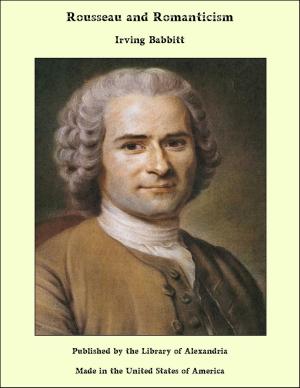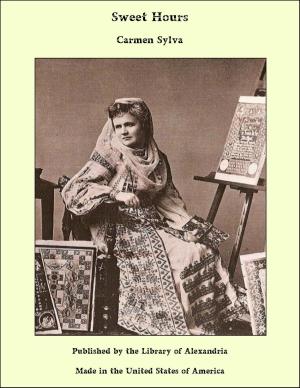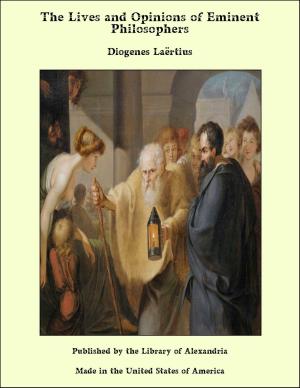De Libris: Prose and Verse
Nonfiction, Religion & Spirituality, New Age, History, Fiction & Literature| Author: | Austin Dobson | ISBN: | 9781465506887 |
| Publisher: | Library of Alexandria | Publication: | March 8, 2015 |
| Imprint: | Language: | English |
| Author: | Austin Dobson |
| ISBN: | 9781465506887 |
| Publisher: | Library of Alexandria |
| Publication: | March 8, 2015 |
| Imprint: | |
| Language: | English |
New books can have few associations. They may reach us on the best deckle-edged Whatman paper, in the newest types of famous presses, with backs of embossed vellum, with tasteful tasselled strings,--and yet be no more to us than the constrained and uneasy acquaintances of yesterday. Friends they may become to-morrow, the day after, --perhaps "hunc in annum et plures" But for the time being they have neither part nor lot in our past of retrospect and suggestion. Of what we were, of what we like or liked, they know nothing; and we--if that be possible--know even less of them. Whether familiarity will breed contempt, or whether they will come home to our business and bosom,--these are things that lie on the lap of the Fates. But it is to be observed that the associations of old books, as of new books, are not always exclusively connected with their text or format,--are sometimes, as a matter of fact, independent of both. Often they are memorable to us by length of tenure, by propinquity,--even by their patience under neglect. We may never read them; and yet by reason of some wholly external and accidental characteristic, it would be a wrench to part with them if the moment of separation--the inevitable hour--should arrive at last. Here, to give an instance in point, is a stained and battered French folio, with patched corners,--Mons. N. Renouard's translation of the Metamorphoses d'Ovide , 1637, " enrichies de figures à chacune Fable " (very odd figures some of them are!) and to be bought " chez Pierre Billaine, ruë Sainct Iacques, à la Bonne-Foy, deuant S. Yues." It has held no honoured place upon the shelves; it has even resided au rez-de-chaussée,--that is to say, upon the floor; but it is not less dear,-- not less desirable.
New books can have few associations. They may reach us on the best deckle-edged Whatman paper, in the newest types of famous presses, with backs of embossed vellum, with tasteful tasselled strings,--and yet be no more to us than the constrained and uneasy acquaintances of yesterday. Friends they may become to-morrow, the day after, --perhaps "hunc in annum et plures" But for the time being they have neither part nor lot in our past of retrospect and suggestion. Of what we were, of what we like or liked, they know nothing; and we--if that be possible--know even less of them. Whether familiarity will breed contempt, or whether they will come home to our business and bosom,--these are things that lie on the lap of the Fates. But it is to be observed that the associations of old books, as of new books, are not always exclusively connected with their text or format,--are sometimes, as a matter of fact, independent of both. Often they are memorable to us by length of tenure, by propinquity,--even by their patience under neglect. We may never read them; and yet by reason of some wholly external and accidental characteristic, it would be a wrench to part with them if the moment of separation--the inevitable hour--should arrive at last. Here, to give an instance in point, is a stained and battered French folio, with patched corners,--Mons. N. Renouard's translation of the Metamorphoses d'Ovide , 1637, " enrichies de figures à chacune Fable " (very odd figures some of them are!) and to be bought " chez Pierre Billaine, ruë Sainct Iacques, à la Bonne-Foy, deuant S. Yues." It has held no honoured place upon the shelves; it has even resided au rez-de-chaussée,--that is to say, upon the floor; but it is not less dear,-- not less desirable.















